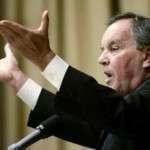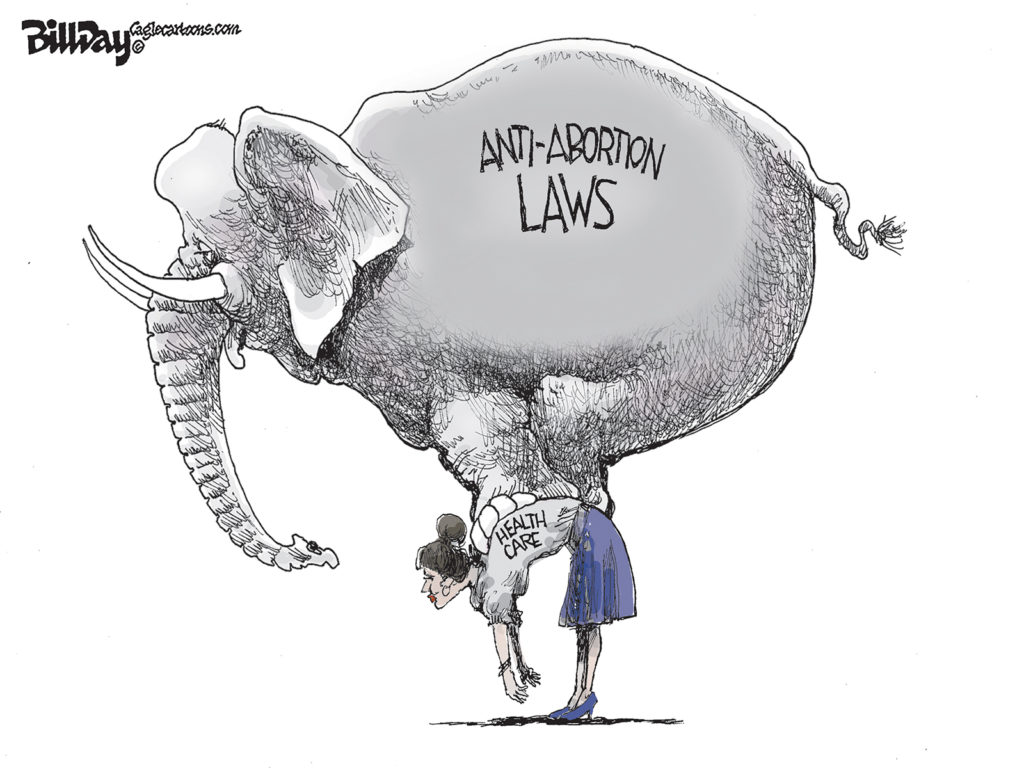Sometimes it’s easy to take Chicago Mayor Richard Daley for granted.
He sometimes seems gruff, it’s tempting to slot him into the genre of political bosses and it’s hard to separate his successes from the controversies that come from such a close tie between politics, patronage and city government in Chicago.
All of this often obscures a singular fact: He is really, really smart.
His comments often challenge you to keep up with him or to imagine how he’s going to connect them to anything relevant. And yet, he does it, and he does it without equivocation and without bouts of political correctness.
War
We were thinking this at a meeting a few weeks ago of CEOs for Cities. Mayor Daley was asked to talk about the state of cities. He started with blunt talk about the war machine and just when you weren’t sure where he was going with it, he connected it directly with the future of cities.
He began by tipping his hat to the anti-government mood surging in the country. “It’s a most difficult time for government,” he said. “What we see is change, and it is very hard for people to accept it.”
Cities are scratching for attention and money from the federal government, which manages at the same time to spend trillions of dollars on war with few questions asked. “The priority of our federal government is war,” he said. “We settle issues with guns more than any other country in the world. But no one questions the spending. The federal government doesn’t have real priorities, but the priority by spending is war.”
Schools
And he added, the part that isn’t about war is about guns and law enforcement.
“People are getting tired,” he said. “Their kids have no jobs and can’t pay their student loans. Mayors have to make tough decisions. It’s not an American market anymore.”
Because of it, some of the tough decisions he pointed to were ending social promotion in his city’s schools, closing schools, firing inept teachers and principals, setting up alternative principles, creating more charter schools and having more contract schools.
We have to do something, he said, “because it’s not the graduation rate that matters, it’s the quality of the students who are graduated. The value of education has decreased.”
Sacred Cows
“Government is not an employment agency. People in America are finding out what public employees make. There are no sacred cows. We have to look for efficiencies in fire and police.” Our mind wanders to Memphis, where some elected officials oppose cost savings in government because the public workforce (where the vast majority of government costs lie) might shrink.
The answer to the future of cities is one thing, he said: Talent. “The foundation for a city is higher education.”
Finally, he condemns the current political environment where elected officials worry more about getting elected than making good policies. “There is a lack of priorities in Washington,” he said. “They only represent the people who vote for them. Mayors represent everyone. The (political) parties in Washington are killing us. The bureaucracy is so strong and difficult.
Mad and Not Going To Take It Anymore
“The public is mad and upset. They are mad at how government spends without accountability. They want more outsourcing and doing things differently.” In Washingon, “it’s not what you do and it’s not what you say. It’s only about fund-raising to get elected.”
To underscore his comments about the future of cities and the abandonment by the federal government, New York City Schools Chancellor Joel Klein said the same morning, in separate remarks, about school reform: “No matter how hard things were that I’ve done in the past, this is hardest. In large complex, highly funded systems, there are large numbers of people fighting for the status quo.
“One, this is a crisis. It’s the biggest domestic crisis we face. Standards are too low. We graduate 70% of kids who start high schools but half of them aren’t ready for college, and we all know two-thirds of African-American kids are not college ready.
Eyes on the Prize
“Two, we have undersold the power of education, the power of education to transform lives is politically undersold.
“Three, we can’t expect not to do things differently and expect things to change. We are recruiting the bottom third of graduates for teachers while other countries recruit the top third. We need to professionalize teachers. They should be more respected. We need to reward teachers and hold them accountable. The magic ingredient in the American sauce is education. Lose that and we lose our magic.”
And his kicker, which resonated with school debates here, was aimed at his middle and upper class audience: “We all have choices for our kids, but we don’t allow them for others.”
It was a refreshing day of straight talk, something increasing rare in a political environment dominated by talking points, oneupsmanship and soundbites. It was also a tonic for returning to Memphis with renewed resolve to do something about it.



So, I’m NOT a heretic?
Hey, here’s some heretical blast from the past (yesterday):
Mitsubishi Heavy Sues GE
Mitsubishi Heavy Industries Ltd. (7011.TO) is accusing General Electric Co. (GE) of scheming to monopolize the U.S. market for variable-speed wind turbines, citing among other things “sham” litigation filed by GE to stymie competition.
The Japanese company said it is seeking damages likely in excess of $1 billion.
GE spokesman called the allegations “meritless and outrageous”, and he said the U.S. conglomerate will fight to protect its intellectual property.
The lawsuits filed by Mitsubishi Heavy mark the latest legal skirmishing between the two companies over the burgeoning wind-turbine market.
GE sued Mitsubishi Heavy in February after
the U.S. International Trade Commission determined Mitsubishi turbines didn’t infringe on GE patents.
(THAT IS RATHER SUSPICIOUS CONSIDERING WHO IS ON THE ITC!)
The ruling stemmed from a complaint filed by GE in early 2008, and an administrative law judge with the ITC initially had ruled there was infringement.
(WHUUUHHT?)
So, we haven’t missed the boat, but, if we could get something rolling between a metal recycler and a manufacturer and get some units shipped around the globe, we could easily BUST INTO this market while those two big dogs fight. They’re making the wrong type of turbines anyway.